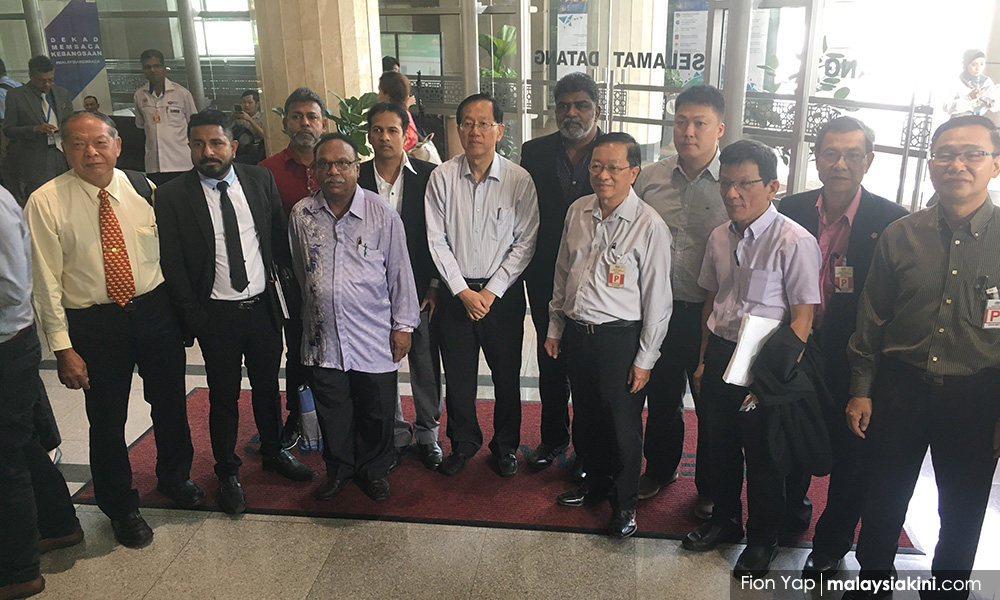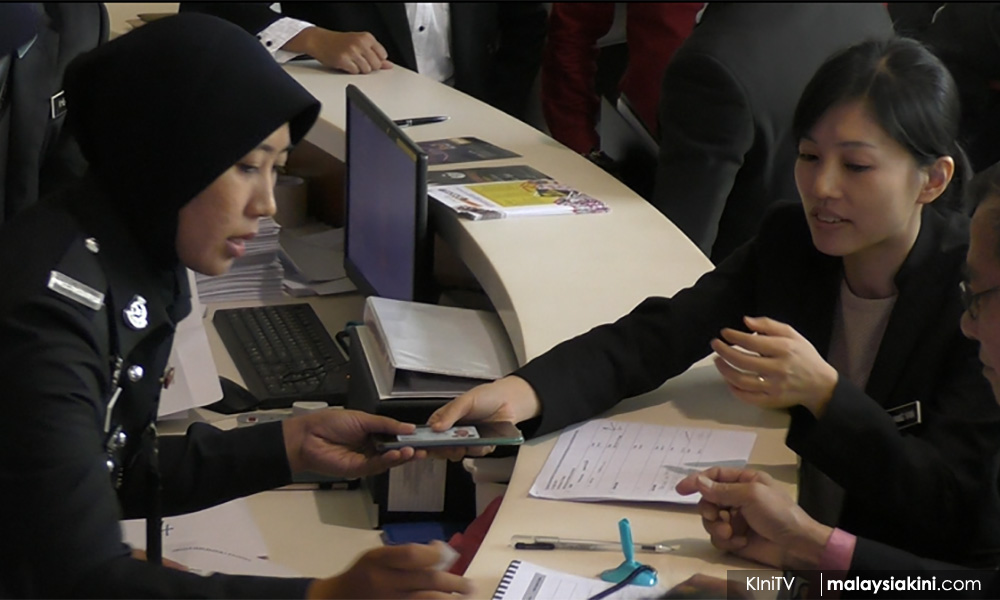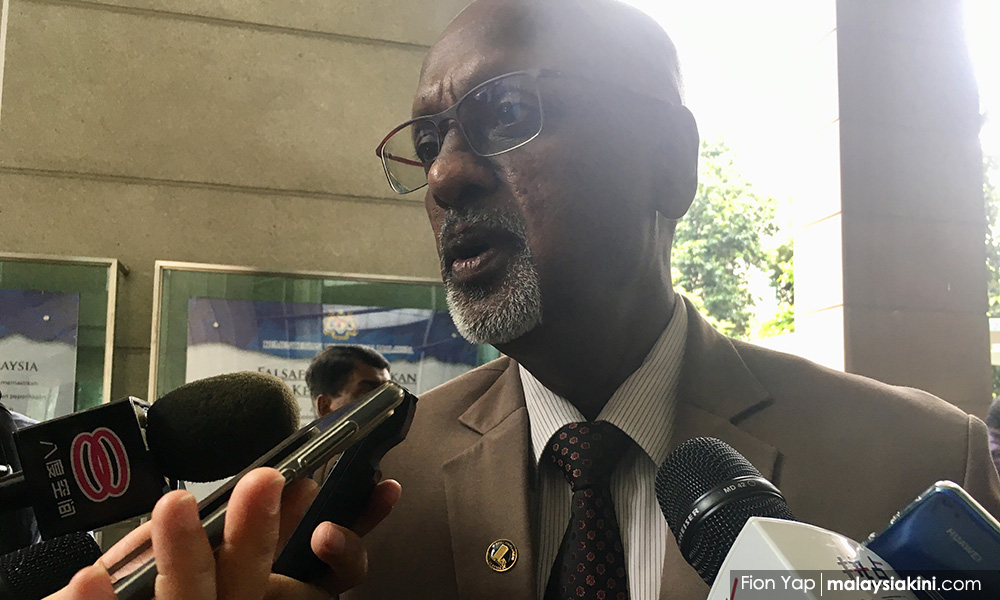
Despite the Education Ministry introducing additional measures to assuage non-Malay concerns, Indian activist groups such as the Malaysian Indian Education Transformation Association are intent on holding protests against the introduction of Jawi script lessons for primary school students.
Two protests will be held at 7pm this Friday and 2pm this Saturday in Brickfields, Kuala Lumpur.
This was announced by the association's chairperson A Elangovan yesterday after meeting with Deputy Education Minister Teo Nie Ching at the ministry’s office in Putrajaya.
Elangovan said Indian groups not only want the Education Ministry to suspend the implementation of Jawi lessons in Tamil and Chinese vernacular primary schools but also want the ministry to revise the lessons in national schools.
"Actually, we are asking them to hold the implementation of Jawi in national schools, Chinese and Tamil vernacular schools."
"Many people are only concerned about Tamil and Chinese schools, but today we also focus on the national schools, because national schools have made Jawi compulsory to be studied."
"In Tamil and Chinese schools, the option (of learning Jawi) is given to parents, teachers, and children."
He also stated that the groups also object towards the printing of Jawi words in Bahasa Malaysia textbooks.
The Education Ministry had initially planned to introduce six pages of lessons in Jawi calligraphy, or khat, into the Standard Four Bahasa Malaysia textbook for both national and national-type schools.
However, the lessons were made optional for vernacular schools, renamed as “Jawi script” and cut down to three pages after strong pushback from the non-Malay community.
According to the latest statement issued on Aug 14, the lessons should only be taught in vernacular schools with the endorsement of parent-teacher associations (PTAs), parents and students.
Dong Zong undecided on rally
Deputy Education Minister Teo Nie Ching today invited Chinese and Indian educationist groups including Dong Zong, Jiao Zong, and the Tamil Foundation to have a closed-door dialogue about the upcoming Jawi script lessons.
Besides, Deputy Rural Development Minister R Sivarasa, Deputy Minister of Youth and Sports Steven Sim, Batu Gajah MP V Sivakumar and Sabai state assemblyperson Kamache A Doray Rajoo were also invited.
Dong Zong deputy president Tan Yew Sing, who was also present at the meeting, said the Chinese groups still have to discuss among themselves whether they will join the rally this weekend.
All attendees were not allowed to bring their mobile phones into the meeting and had to surrender their phones at the reception counter before entering the meeting room.

Malaysiakini understands that the ministry wanted to prevent the meeting’s presentation from being leaked, unlike previous times.
On July 26, the ministry had organised a dialogue with Chinese and Indian groups one day after controversy arose regarding khat lessons, which were to be introduced into Bahasa Malaysia textbooks for Standard Four students.
Despite the participants not being allowed to take pictures, the photos of the drafted textbook had been leaked to the public.
This time around, according to Elangovan, the attendees were told not to give statements to the media after the meeting.
Three-page Jawi script lesson shown
Sivarasa revealed that Teo had presented the proposed three pages for Jawi script lessons during the dialogue.

“The content is now focused on teaching things like the Jawi words on the Jata Negara, our banknotes, all these have some Jawi words, so our children will roughly know what those words mean.”
He said Teo had engaged with NGOs and clarified issues regarding Jawi lessons with them during the dialogue.
“After the Education Ministry’s statement on Aug 8, some NGOs weren’t clear about it, so today she (Teo) explained the cabinet decision to them.”
Regarding the weekend rally, Sivarasa said it is a guaranteed right for the people to organise a peaceful assembly.
“Under Pakatan Harapan, we are a much more open and democratic government. As you can see from last year, many more people speak their minds, we have no problem with that.
“People will continue to express (their opinions), and the government will continue to do what’s best for them,” he said. - Mkini



No comments:
Post a Comment
Note: Only a member of this blog may post a comment.